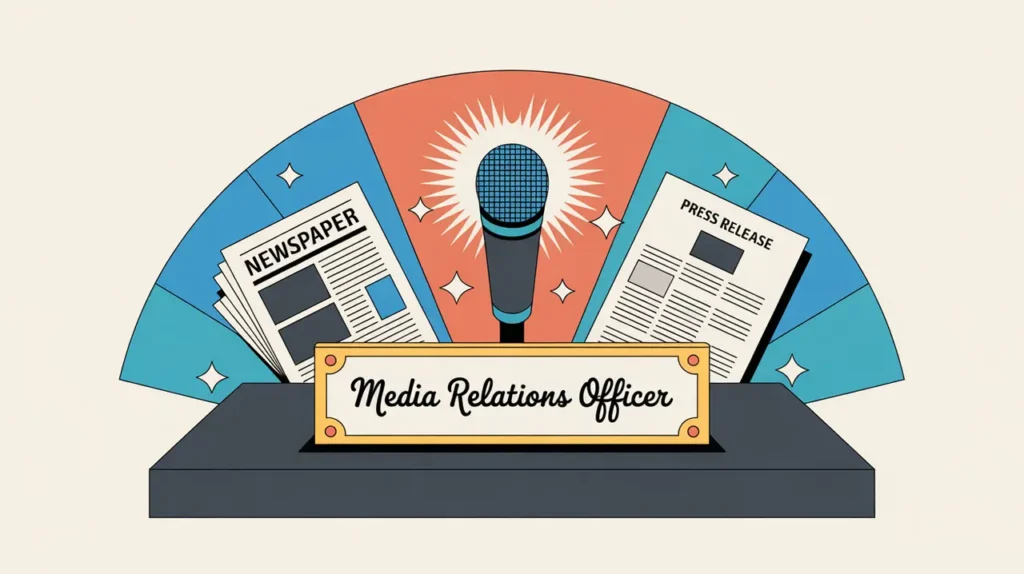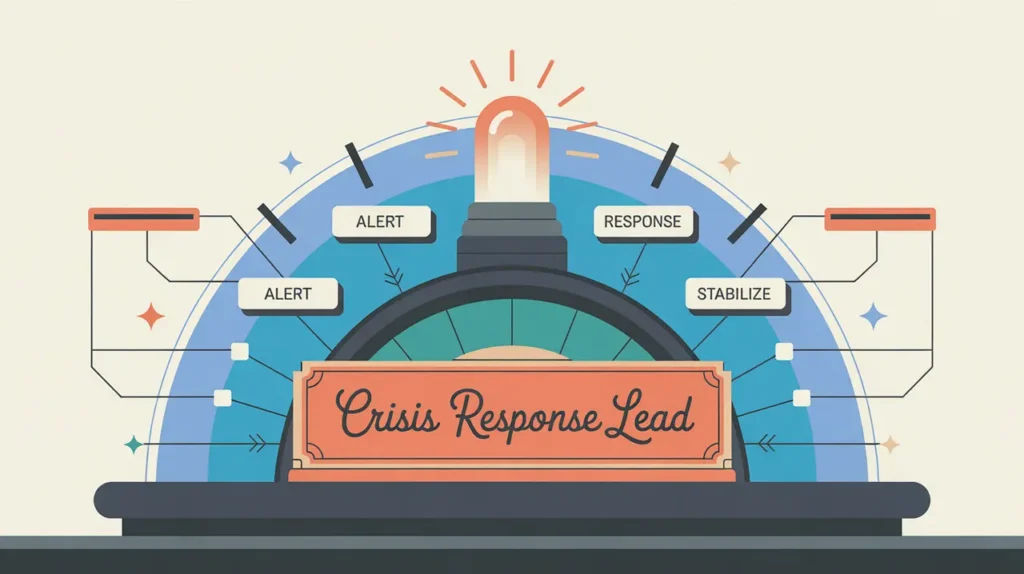What Does this Role Involve?
A communications manager is responsible for leading the development and execution of an organization’s communications strategy, ensuring that its voice is clear, consistent, and strategically aligned with mission and goals. This involves managing communications channels, developing content strategies, overseeing campaigns, supervising team members or contractors, and coordinating with internal and external stakeholders. The communications manager plays a central role in shaping how the organization engages with the public, media, partners, and communities. In both nonprofits and social enterprises, this role is essential for building visibility, advancing advocacy goals, supporting fundraising, and strengthening organizational identity.
At What Level does this Role Operate?
Senior Level: This role typically reports to a communications director or other executive leader and involves leading communications teams or functions with significant independence. Communications managers are expected to oversee strategies and outputs, manage staff or consultants, and coordinate communications across multiple functions.
Relative Employability: Senior-level communications roles are in steady demand across nonprofits, social enterprises, and mission-driven organizations. Organizations place a high value on experienced communicators who can manage strategy and execution, navigate complex stakeholder landscapes, and maintain a strong organizational voice.
Relative Pay Scale: Within nonprofits and social enterprises, communications manager roles sit in the upper mid to senior pay bands, reflecting their leadership responsibilities, strategic influence, and specialized expertise.
What are the Key Responsibilities and Activities?
- Develop and implement comprehensive communications strategies to advance mission and organizational priorities
- Oversee the creation and distribution of high-quality content across digital, print, and media platforms
- Manage social media strategies, content calendars, and engagement initiatives
- Lead media relations efforts including press outreach, relationship building, and crisis communications
- Supervise communications staff, contractors, or agencies, ensuring quality and alignment with strategy
- Collaborate with program, policy, and development teams to craft clear and compelling narratives
- Monitor communications performance and adjust strategies based on data and feedback
- Ensure brand consistency and strengthen organizational identity through all communications activities
What Core Competencies and Qualifications are Needed?
Required Qualifications and Experience
The following reflect common qualifications and experience expected for this role, while recognizing that pathways may vary by context, organization, and region.
- Relevant academic background in communications, journalism, marketing, public relations, or a related field, or equivalent professional experience
- Several years of professional communications experience, with demonstrated success in managing strategies, teams, or campaigns
- Proven ability to write, edit, and oversee production of high-quality communications materials
- Experience in media relations, digital communications, and strategic messaging
- Familiarity with analytics tools, content management systems, and digital marketing platforms
Key Competencies
- Strategic communications leadership and planning abilities
- Excellent writing, editing, and storytelling skills
- Digital strategy and media engagement expertise
- Project management and team leadership capabilities
- Strong interpersonal and cross-functional collaboration skills
- Ability to maintain clarity, tone, and brand consistency across channels
How are AI and Automation Shaping this Role?
An AI-native communications manager will look to AI and automation to optimize content strategy, audience engagement, and performance measurement. They can use AI tools to analyze audience data, generate content drafts, personalize outreach, and identify trends to refine messaging. Automation can support campaign scheduling, media monitoring, and reporting, allowing the manager to focus on strategy, creativity, and team leadership. By integrating AI thoughtfully, communications managers can scale their impact and adapt strategies to changing contexts more effectively.
What Career Pathways and Transferable Skills are Associated with this Role?
Communications manager roles often serve as a pathway to director, strategist, or senior leadership positions in communications and external affairs. The skills developed in this role (strategic planning, content leadership, media engagement, team management, and data-informed decision making) are highly transferable across nonprofits, social enterprises, advocacy organizations, philanthropic institutions, public agencies, and private sector companies. Communications managers are well positioned to shape organizational narratives and lead communications functions at a strategic level.







